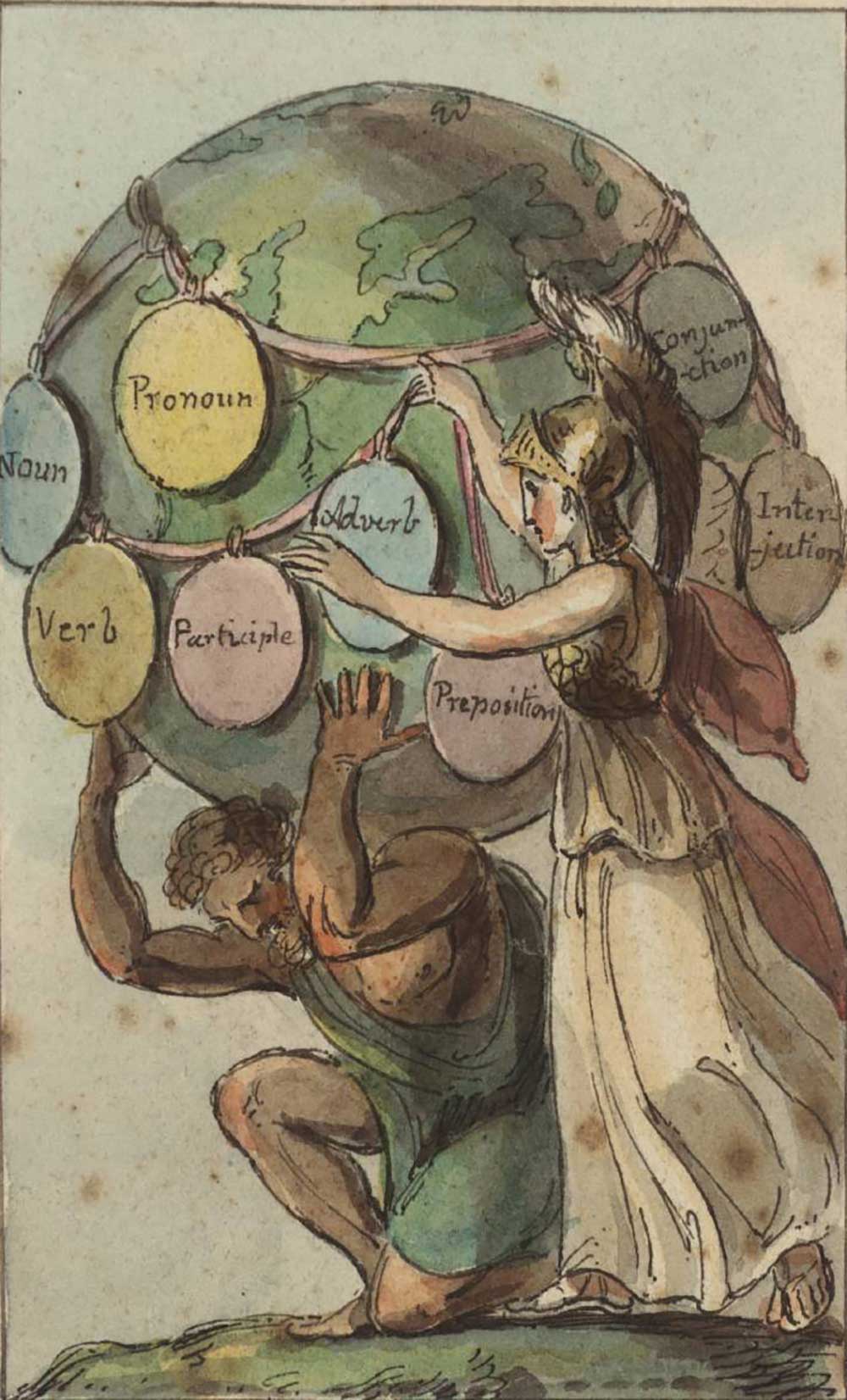“The first and most distinguishing feature of civil society is the use of language.”
Adam Ferguson’s “An Essay on the History of Civil Society”
Standard Practice for Assessing Language Proficiency
Committee F43 on Language Services and Products
One of the easiest ways to persuade someone who disagrees with you is to change the subject without them knowing about it. Application of this method is found in the technical literature that informs safety and sustainability regulations at all levels of government. Change definitions; change the subject; outcome changed — hence our interest in spoken, written and computer languages.
Almost all technical standards begin with a list of definitions which, among domain experts, are frequently hard won.
From the project prospectus:
Purpose—This practice describes best practices for the development and use of language tests in the modalities of speaking, listening, reading, and writing for assessing ability in accordance with the Interagency Language Roundtable (ILR)2 scale. This practice focuses on testing language proficiency in use of language for communicative purposes.
Limitations—This practice is not intended to address testing and test development in the following specialized areas: Translation, Interpretation, Audio Translation, Transcription, other job-specific language performance tests, or Diagnostic Assessment. Tests developed under this practice should not be used to address any of the above excluded purposes (for example, diagnostics).
This title was developed in accordance with internationally recognized principles on standardization established in the Decision on Principles for the Development of International Standards, Guides and Recommendations issued by the World Trade Organization Technical Barriers to Trade Committee.
As of the date of this post we find no changes in the titles developed by this committee; nor do we see any notice of meetings; likely owed to the circumstances of the pandemic. Last Update: April 2020
Language lies at the foundation of all standards-setting so we maintain this title on the standing agenda of several of our daily colloquia. Its an “evergreen” topic that we can explore every day in every title in every catalog Feel free to click in to any of our daily colloquia; login credentials at the upper right of our home page.
More
Standards for the Modern Language Industry
American Council on the Teaching of Foreign Languages
Michigan State University: A Rhetorical History of the United States
CORRECTION: In the clip above, at the 5:11 mark, the caption should read: “He mobilized the English language”
„Jede Sprache ist eine schlechte Übersetzung“ – Franz Kafka









